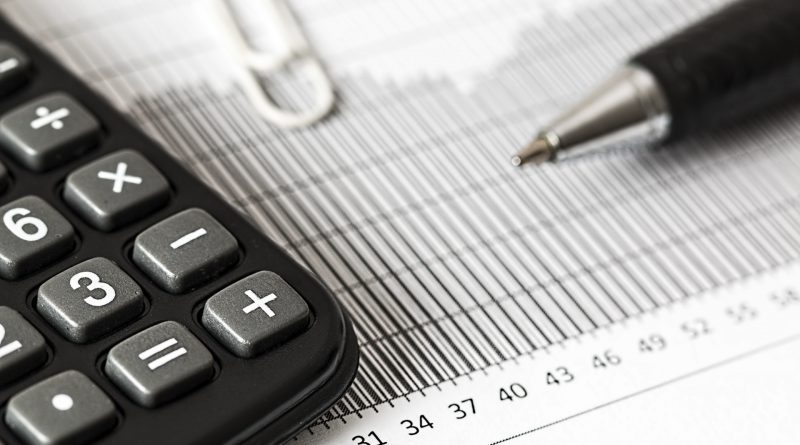The Need-to-Know About Car Insurance Groups
Insuring your car is one of the most hated parts of the entire driving experience. It’s just a nightmare for the most part, and for more reasons than one. It costs you more, it’s a headache choosing the right kind of cover (which we’ve written all about)… It’s just hassle. What makes it even more of a hassle is when you learn that there are actually car insurance groups out there that your car fits into that is responsible for a large chunk of your premium.
What are Car Insurance Groups?
So, what are these mysterious insurance groups that we’re talking about? Well, they are a system that was put in place by Thatcham research that dictates how much your car is worth and as a result (along with a load of other things like your age, no claims, distance travelled, and even your job), it’s a big contributor to what you’re going to need to pay n your next renewal.
Whether you like it or not, you are always a part of one and the weight that they carry is truly phenomenal. It’s a huge deal, and understanding it is a great way to help make sure you know what to expect when you’re looking at insuring a vehicle.
What are the groups?
The next question that comes to mind as soon as you hear all of this is probably going to be which one is your car in, and sadly, we have some bad news. There’s actually a whopping 50 of them out there you could be in. It’s not as simple as other metrics in your car buying.
Just in case that wasn’t enough, it gets even more complicated too. As well as having a number between 1-50 to determine your car’s insurance group, you also have a suffix too, according to the Thatcham site. After all of the details about your vehicle are taken you then have a letter after your group number to tell the security level of your car as well. That’s thorough.
How does it Work?
Generally speaking, the system is based on what a crash would do to your car, and how much that would cost to fix. To quote the company behind the system:
“The Group Rating System relies on the internationally recognised insurance standard 15 km/h crash impact. Thatcham Research engineers then determine the cost of times and parts to return it to its pre-accident condition”
That’s just the tip of the iceberg too! For more info, check this out: https://www.thatcham.org/what-we-do/insurance-group-rating/
What Insurance Group Am I In?
If all of this has captured your interest and you want to know what group you’d actually be in, there’s an easy way to do it without having to do all of the guesswork yourself. It’s so easy in fact, that there’s a whole page of their site that is dedicated to it here:
Using the tool, all that you need to do is enter the information that you have about your vehicle. Your make, model, year, and even the variation of your car too. It’s serious business. All of that goes into a calculator with a start rating for your safety level too, and that’s what will give you your final number.
What if my group is high?
Now that you know what goes into giving you an insurance grouping, you’ll probably find yourself wanting to be in a lower group. To make sure that happens, you need to really use your head when you buy. Don’t jump into anything that may be a risk to drive or even to own if you’re scared of getting stung.
Get as much information as you can about your vehicle, even with an inspection like ours, and use the data to figure out what is an advantage or disadvantage to making your car what you need it to be. The rating is the rating and there’s nothing that you can really do about it (aside from up your security).
All in all, that’s all there is to it. We’ve given you all of the knowledge that we can to get you on your way. The rest is all down to you and your car. Keep in mind all of the other stuff that affects your insurance, and make sure you buy smart.
Buying a used VW. Buying used vauxhall, BMW, Jaguar, Ford, Volvo, Range rover, Bentley, Aston Martin, Porsche, Ferrari, Lamborghini, Maserati, Hyundai, Tesla, Honda, Pagani

